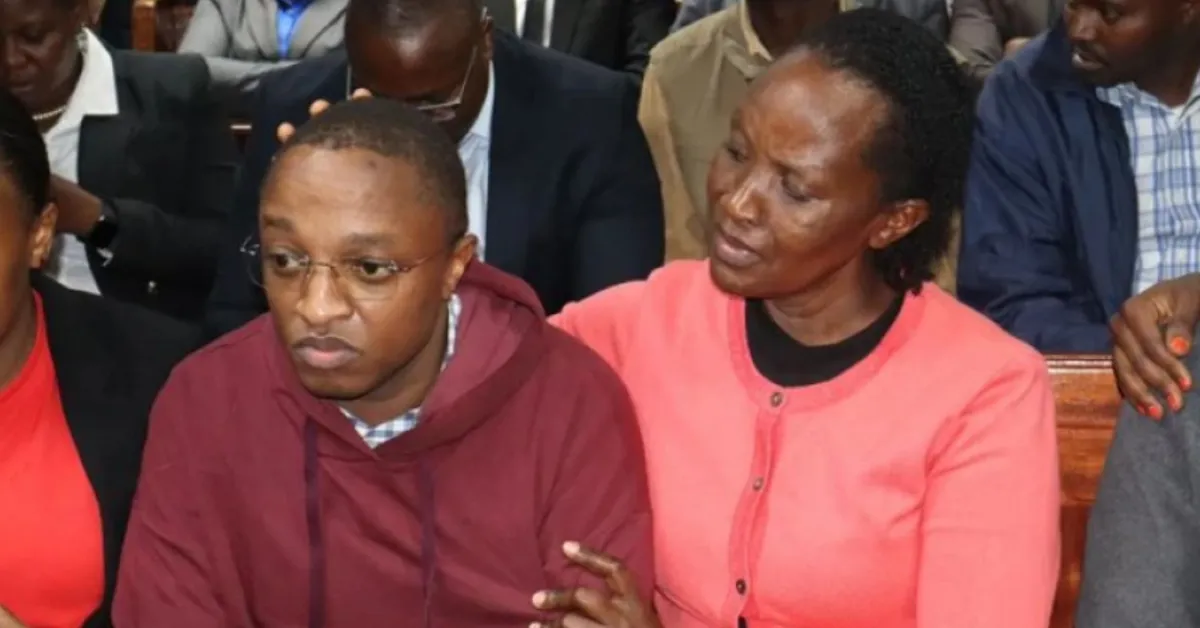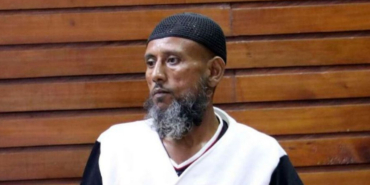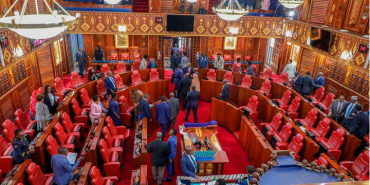High Court Bars DCI from Arresting Blogger Ndiangui Kinyangia

The High Court has granted protective orders barring the police from arresting blogger and activist Ndiangui Kinyangia, who resurfaced on 3 July after being missing for almost two weeks.
Justice Chacha Mwita issued the ruling on Thursday amid growing concerns about civil liberties and state accountability. Kinyangia vanished on 21 June, prompting his family to file a habeas corpus petition alleging abduction and unlawful detention by state agents. The case garnered national attention, given Kinyangia's online prominence and role in recent youth-led protests. His reappearance in court with legal counsel spurred immediate calls for judicial protection.
During the hearing, Kibe Mungai, the family's lawyer, told the court that Kinyangia contacted his relatives on Tuesday evening, assuring them of his safety but appearing "very traumatised." Mungai requested time for private consultation, citing concerns for his client's psychological wellbeing.
Justice Mwita granted the request, designating Kinyangia as a petitioner and prohibiting his arrest or detention. While the Directorate of Criminal Investigations (DCI) can seek a statement from Kinyangia, it must be voluntary and supervised by his legal representatives.
"He should not be arrested or detained, but can be escorted to the DCI by the family for statement recording if need be," Mwita said.
Emmanuel Bita, representing the state, did not object to the protective orders. Senior counsel Martha Karua, representing the petitioners, supported prioritising the family's request over immediate cross-examination of DCI Director Mohamed Amin, who had been summoned to explain Kinyangia's disappearance.
The case is scheduled for further hearing on 18 July to explore the legality of Kinyangia's disappearance and the conduct of security agencies.














Add new comment